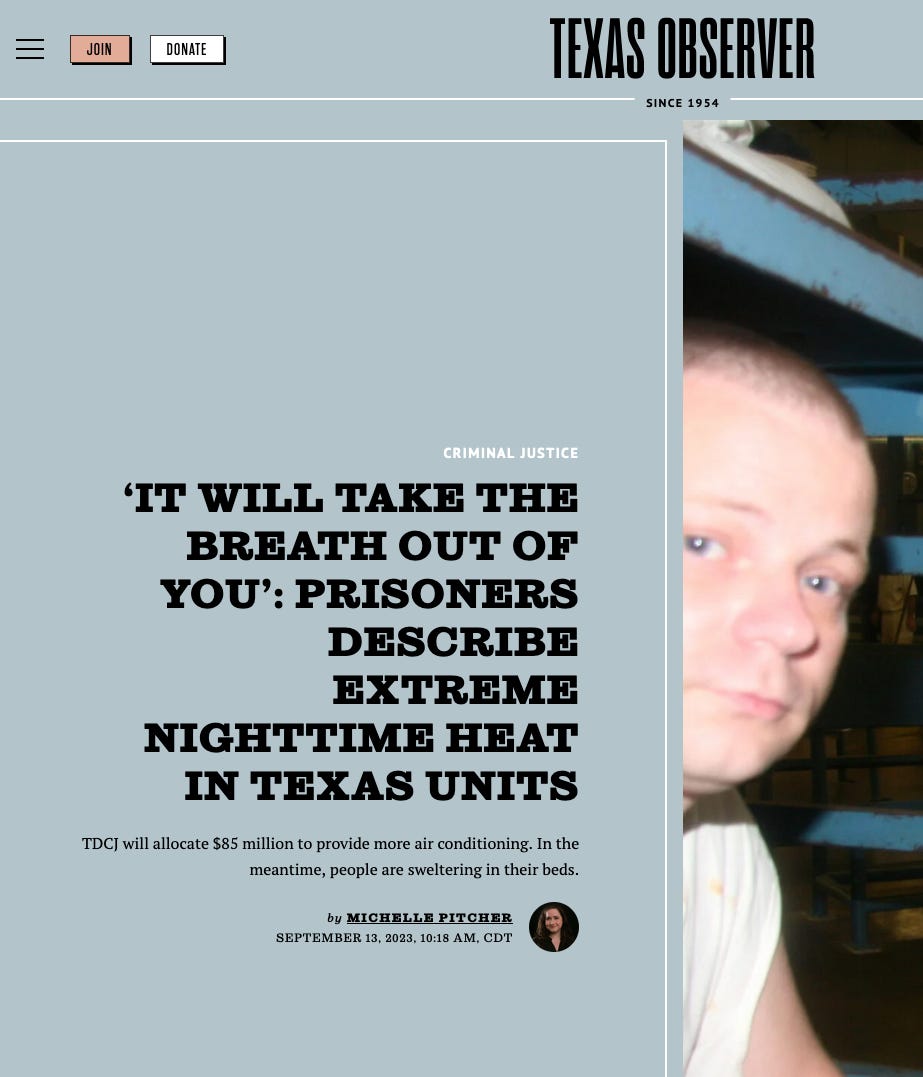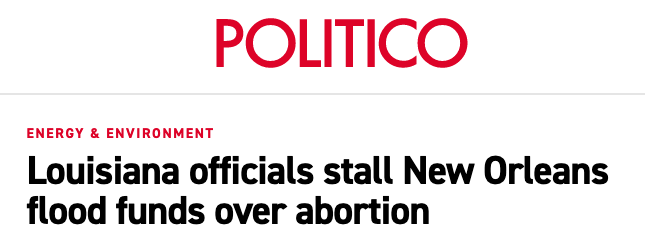Adaptation to climate change will be an absolute nightmare
Why the easy way out is no way out at all
I’ve previously written about how global warming will affect temperature-related mortality (part one and part two). One of the important results was that adaptation has a large impact on mortality from extreme heat. This leads to a common refrain from a certain type of climate dismissive: “of course we’ll adapt.” I think that’s far from certain. In fact, in this post, I explain why it’s almost certain to be wrong.
“Humans have always adapted.” If you’ve followed the climate debate, you’ve inevitably come across these soothing words, usually made by someone rich, often working for a think tank whose agenda is stopping action on climate change.
The argument taps into the romantic notion of human resilience, suggesting that adaptation is not just possible but a simple, cost-free solution to the climate catastrophe unfolding before us.
This view is overly optimistic. Adaptation, far from being an easy way out, is shaping up to be an absolute nightmare. Here’s why.
“we’ve always adapted” advocates oppose actual adaptation
Over most of human history (going back a few hundred thousand years), humans adapted to environmental change, by migrating — picking up their belongings and wandering to more hospitable lands.
So the next time someone says “we’ll adapt,” ask them if they’re OK with, say, Central Americans adapting to climate change by moving to the U.S. Are they willing to open our borders to climate refugees?
I think you’ll find that the very voices championing adaptation are among the most likely to also oppose immigration. So the #1 way that humans have adapted over the history of humanity is a non-starter to the “we’ll adapt” crowd.
The alternative to migration is adaptation in place, but that’s not particularly attractive to the “we’ll adapt” crowd either. Building sea walls to guard against rising ocean levels, infrastructure to handle extreme precipitation events, or adding air conditioning to mitigate heatwaves all cost a lot of money.
Who’s going to foot the bill for this? The inescapable answer is that the world’s rich will have to assist the less fortunate. This means, for example, the U.S. paying to help Africa adapt. Within the U.S., the rich will have to pay to help the poor adapt.
But there’s nothing the “we’ll adapt” crowd will oppose more than that. We can see evidence of their unwillingness to help the poor every day. For example:

Do you think these people are going to pay for poor people to air condition their houses? Or pay to protect a poor neighborhood from flooding? Or any of the million other ways that we’ll have to spend money to adapt to the new climate. Of course not.
Most worrying: The weaponization of adaptation
The bottom line is that the “we’ll adapt” crowd is not serious about adaptation and they do not support any policy that will help people adapt. Rather, “we’ll adapt” are soothing words used as an excuse to do nothing about climate change.
And it’s not just the neglect of adaptation. Adaptation will be weaponized to harm groups they don’t like. We can already see this taking place.
For example, there’s no more marginalized group of people than prisoners. In Texas, the majority of prisoners live in un-air-conditioned facilities. Having these prisoners living in concrete buildings when the daytime temperature reaches 110F (and nighttime temperatures don’t drop below 80F) is basically torture and it is actually killing prisoners.
In this legislative session, despite Texas having a $32.7 billion surplus, the Texas Senate refused to spend $545 million to air condition prisons.
Why not pass a budget that includes money for air conditioning prisons? The money is a drop in the bucket. The cruelty is the point: “We’re torturing these mostly brown-skinned people that you don’t like. Vote for me!”
Or when the Texas legislature passed a law that precluded cities from mandating water breaks for construction workers. “These mostly brown-skinned people want water? Let’s instead watch them suffer.” Once again, the cruelty is the point.
Adaptation also gives politicians opportunities for extortion. Politico reports that critical flood adaptation funding has been held up because of New Orleans’ stance on abortion.
Citing New Orleans’ officials’ stance on abortion, the Louisiana State Bond Commission has twice voted to delay approval of a $39 million line of credit for a power station to run the city’s drainage pumps, which have been described as critical for its ability to adapt to climate change.
But, of course, it’s even worse than this. The rich will spend money on helping themselves adapt. However, adaptation to help one group can oftentimes harm other groups. As an example look up, levee wars, where a rich neighborhood builds levees to protect themselves, but a side effect of which is to push water into poorer neighborhoods.
Make no mistake, as the rich adapt to protect themselves, in many cases they’re going to screw over the poor. This is what “we’ll adapt” really means.
Finally, when the shit really hits the fan, the “we’ll adapt” crowd will morph into a chilling form of “eco-fascism”. This insidious belief system questions the very idea of assisting other in their adaptation efforts, ostensibly because we have our challenges to contend with.
This is not a world that (I hope) anyone wants to live in.
Final Thoughts
While some level of adaptation is absolutely required — climate change is, unfortunately, here to stay — the notion that it should be our front-line response is flawed at its core. Relying on adaptation as a primary strategy is a recipe for widespread misery and conflict.
The good news is that we know how to solve this problem by stabilizing the climate. We are in the midst of an energy revolution that will allow us to rebuild our energy system away from fossil fuels and reduce emissions at low cost, which benefits the entire world. We need to do everything we can to speed that up. The one thing we cannot do is listen to the “we’ll adapt” crowd.
Related posts
Unraveling the debate: Does heat or cold cause more deaths?
Unraveling the debate: Does heat or cold cause more deaths? Part 2







Really excellent article. I think we *should* pursue more support for the poor and more acceptance of migrants, both on their own ethical merits and as climate adaptation policies. I agree with your core point.
A powerful and haunting piece. Thank you for spelling it out so plainly.